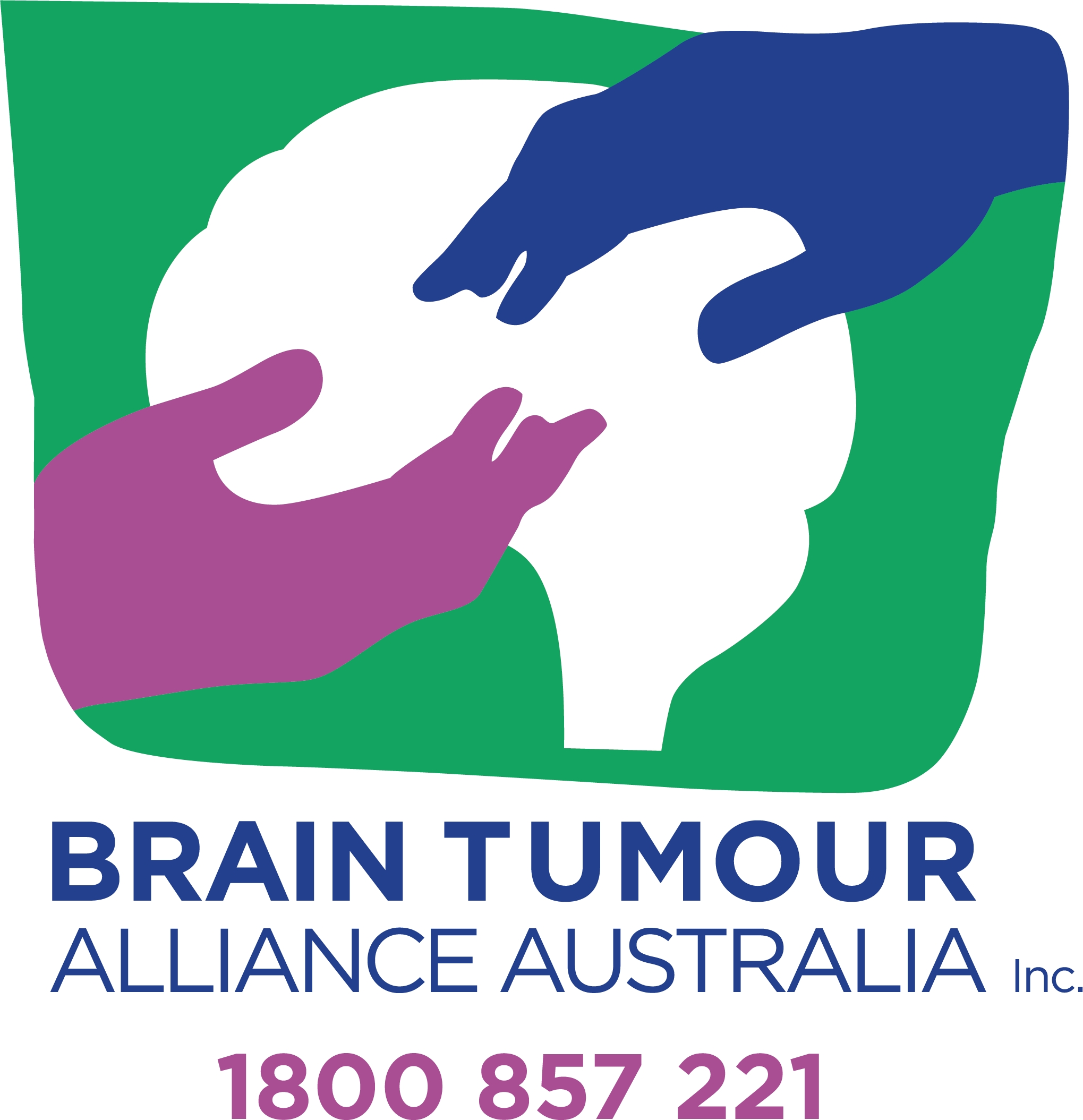
Education and support study for carers of people with high grade glioma open in NSW and WA
Carers play an essential role in looking after people diagnosed with high grade gliomas. Our research team has previously found that many carers are very distressed and do not feel well prepared for their caring role. Cancer Australia has funded a randomised clinical trial which will study whether a nurse-led education and support program can help carers prepare for caring, improve their quality of life, reduce distress, anxiety and depression; and decrease unplanned use of health services.
The carer education and support program includes a telephone assessment of the carer’s needs, a nurse home visit, a personalised printed resource file tailored to the specific needs of that carer and patient, and ongoing telephone support for 12 months. Some examples of carers needs include encouraging them to care for themselves (mental and physical health); help communicating with doctors; help understanding treatment; information on understanding physical symptoms; understanding mental and behaviour changes; making choices on fertility and sexuality; lifestyle choices such as diet, exercise and complementary medicines, and end of life care. When the nurse identifies these unmet needs, he or she can give extra information, support, education and refer to someone else who can help in more depth, if needed. Because things can change quickly when caring for someone with high grade glioma, the nurse calls each month to check in on new concerns and is also available for ongoing phone support.
Although it seems obvious that extra support will help carers, to persuade Medicare and health services to include this type of program as routine, we need to prove it that it helps.
The only way to do this is to compare two groups of similar carers, who do or do not receive the extra support. To understand whether the carer support program truly makes a difference to carers, half the carers who participate in the study are randomly assigned to have contact with the ‘carer nurse’ and receive the extra support and education package, and the other half will continue to receive the usual support and education which is available through the patient’s treatment centre. Both groups of carers fill in questionnaires so that we can understand and compare their quality of life and emotional health. Healthcare systems will also want to understand whether extra support in the short term reduces healthcare costs in the long term – for example, by reducing hospital admissions through supporting carers better. This study is also looking in detail at the economic costs and savings of the support package, which is why we are asking people in the study to keep track of healthcare costs, hospital visits, and allied health visits.
To date, 126 participants from WA and 20 from NSW have joined the study and are helping to answer this important question. We are keen to recruit more participants in WA and NSW and welcome enquiries about the study via email: g.halkett@curtin.edu.au. See more here.

